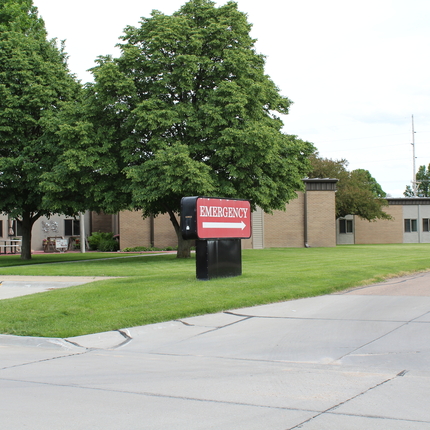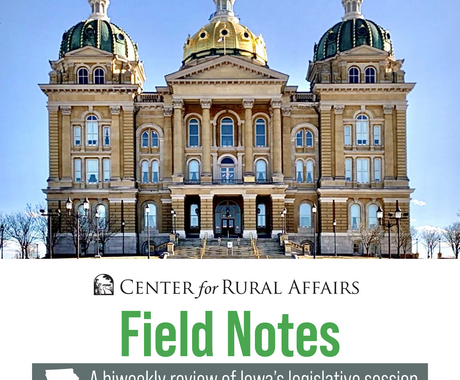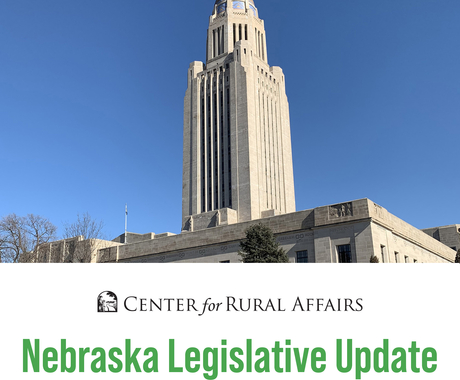By Trenton Buhr, former staff member
Major crises often expose the weaknesses that have been in our system for a long time.
Before the COVID-19 pandemic began putting substantial stress on the health care system, it was already under pressure. Hospitals and other medical facilities across the country have faced budget shortfalls, and the costs of health insurance and health care have been increasing significantly for years. This leaves uninsured individuals who cannot afford medical care out of pocket waiting until pain is unbearable before heading to the emergency room.
Rural communities are at a disadvantage in their health care access. A higher proportion of self-employed and small business employees without health insurance combined with an aging population and on-average lower incomes pose a particular challenge. These factors create barriers to health care coverage and stress on facilities’ budgets.
Nebraska is now facing a critical moment for our health care infrastructure. Space, staff, and equipment have been running in short supply nationwide. As local governments and the state are working to limit the spread of COVID-19, these resources are vital to accomplishing that goal. Insured or not, failure to treat an ill person can have consequences for everyone.
Nebraskans recognized these problems in 2018 and voted to expand Medicaid. But, a year-and-a-half later, the state’s Department of Health and Human Services (DHHS) has not implemented expansion, leaving roughly 90,000 hard-working Nebraskans in limbo.
The consequences of delaying Medicaid expansion are substantial.
Individuals living without insurance are pressured to avoid medical treatment, as the cost of health care is often too substantial. During a pandemic, a deadly combination arises. Many of our essential workers—including people who work in health care, food service, retail, groceries, and self-employed small business owners—fall within the coverage gap and are forced to avoid diagnosis and treatment, potentially compounding existing health issues and posing a real threat to public health.
The wave of unemployment insurance claims—more than 80,000 in Nebraska over the last four weeks—will take many off insurance. Some will be able to obtain COBRA insurance or marketplace subsidies, while others may find themselves relying on Medicaid or falling within the coverage gap.
The Center for Medicare and Medicaid Services is currently reviewing the state’s waiver application seeking to operate a two-tiered benefits system. Because of COVID-19, officials aren't expected to give final approval until at least mid-October.
In the proposed plan, all individuals in the expansion population are eligible for “basic” coverage, which includes all health care, except dental, vision, and over-the-counter medication, which are considered “prime” benefits. To receive the “prime” benefits, enrollees will need to complete various wellness activities. Under the standard Medicaid expansion plan, all enrollees would receive the “prime” benefits without additional requirements.
Although expansion is still on track to begin on Oct. 1, DHHS has decided that “prime” benefits will not be available to enrollees when coverage begins.
This extensive delay in expanding Medicaid has left millions of dollars in untapped federal funding on the table and thousands of Nebraskans waiting. In the meantime, our hospitals will continue to bear the burden of inaction.




